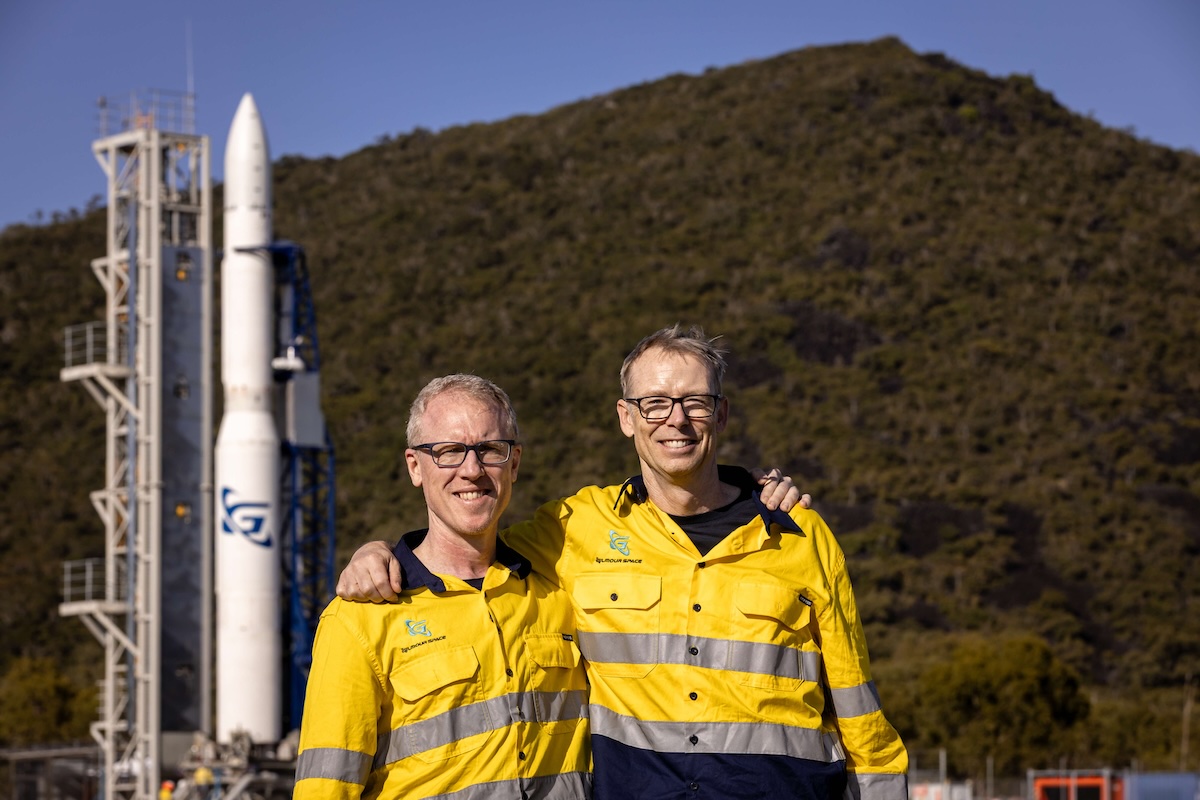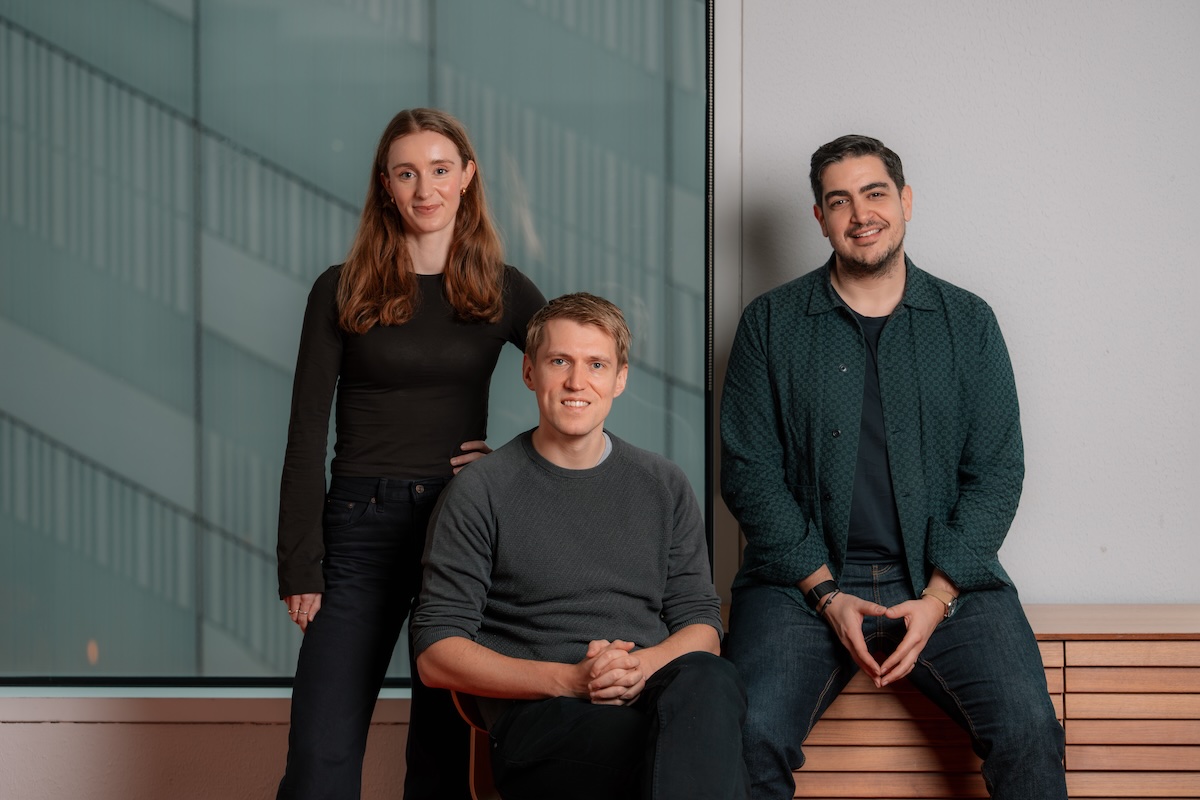.png)
Who actually gets their dream job?
Embodying the idea of the hungry and not proven, Becca had experience in a completely different industry and wanted to move into the executive support space. Thinking she would never get the job after googling what a pitch deck was, but was eager to learn. (spoiler alert...)
I was recently part of a hiring/interview team for an open role at Blackbird and had a moment of clarity. The candidate asked us, “What brought you to Blackbird?” I realised that I knew my answer straight away. I replied, “The hiring process.” They then asked, “Why are you still at Blackbird?” Again, I knew my answer straight away. I replied, “The people.”
Before Blackbird, I had experience in a different industry and loved my job. I was a critical care veterinary nurse at a referral and specialty hospital in a city full of pet lovers. I spent my days surrounded by thrilling medical cases and incredible teammates. I was both satisfied and challenged by my job and assumed I would stay put in Vet Med. Any thoughts I had about career progression were centred around continuing education, management training and further specialisation, but all in the same field. That was it. Those were my options, and I was happy with that.
One of the things that comes with hospital work is shift work—hello, dreaded night shifts. People handle working night shifts in a few ways. Some people sleep at any chance, some fast to try and switch their body schedules, some go into silent robot mode counting down the minutes, and some talk to pass the time. I was lucky with my schedule and adored my night shift team. That meant I was a talker. A conversation came up one night while replacing an IV catheter. “What’s your dream job?” Without taking a minute to think, I said, “An executive assistant.” The conversation continued with a few back-and-forth questions and, memorably, a rant from me about how it would be simply amazing to not have to wear scrubs every day. But ultimately, I was a veterinary nurse, so this was all hypothetical.
Beyond ditching the scrubs and shift work, I knew being an EA would make me happy. I was over the moon at the thought of being someone’s trusted person, their first choice to ask for something, their go to source of reliability, their vocational ride or die. It was energising every time I spoke about it, but it was still in the “dream job” bucket.
I had an exciting opportunity to move internationally, which meant I needed a new job. My first thought was to look into veterinary hospitals in the city I was moving to and get back at it! A tiny voice in my head and a very supportive partner said, “Why don’t you become an EA?” I practically laughed at the thought of stepping away from the industry I knew. “Don’t be ridiculous. I can’t just become an EA.” It was absurd. The thought of leaving the career I worked so hard for and starting from scratch was terrifying. And besides, who actually gets their dream job?
"who actually gets their dream job?"
The next thing I knew, I was going for it. I had scoured what felt like the depths of the internet looking for roles. I met with recruiters, temp agencies and spoke to family and friends to try and make some connections. It wasn’t going well. After weeks of applying for open roles, I thought I had a lead. Finally! A hiring manager emailed me about a position I was excited about. However, the excitement did not last long after reading the opening sentence. “Hi Rebecca. I wanted to let you know that you may have sent your CV to the wrong email, as we are not a hospital.” Yikes. On the one hand, it was kind of them to make time to email the “lost CVs” owner. On the other hand, it was upsetting to realise that they didn’t read the cover letter I had written, which explained my desire for an industry transfer and a brief overview of my transferable skills.
More time passed, and after a few interview experiences at other companies, I was highly discouraged. I would advance through the interview process but ultimately get a response along the lines of “We really liked you and think you’d be great, BUT there was a candidate that has worked in (x) industry before, so they’re the better fit.”
I remember feeling like I just wanted a company that cared about what I had to offer and recognised my eagerness to learn, but I wasn’t having much luck. Until I came across the Executive Assistant role for the Blackbird Aotearoa office and read about the blind hiring process through Applied. I was immediately obsessed. I spent hours cruising the Blackbird website reading blog posts, watching pitch deck coaching videos, looking at beautiful office spaces and reading Every. Single. Bio.
I had a thought while watching that pitch deck coaching video. “What the heck is a pitch deck?” Then it turned into, “Oh, I’m never going to get this job. I’m Googling what I’m meant to know.”
Spoiler. I got the job.

I’ve been a part of the Blackbird family for just over a year. It’s been incredible and more than I could have imagined. I have the privilege of spending my time and energy supporting two outstanding Partners and elevating the office experience for our Auckland team.
I had thought the best part of this job would be just getting this job, but I’m pleased to say I was wrong. One of my favourite aspects of my work is knowing that I’ll never know it all. There is always more to learn, and I’m grateful to say that my willingness to learn is met with and usually exceeded by Blackbird’s willingness to teach.
After a year, have I done enough to change my email signature to Vocational Ride or Die? I’m not sure. But I do know that I’ve come to learn what a pitch deck is, and what a good one looks like. Without Google.
It makes sense that Blackbird’s hiring process is special because Blackbird is special. So if you’ve ever thought ‘what if’ like I had, then maybe this is your sign? We’re looking for our next EA superstar and you can apply here.



.webp)


.avif)



